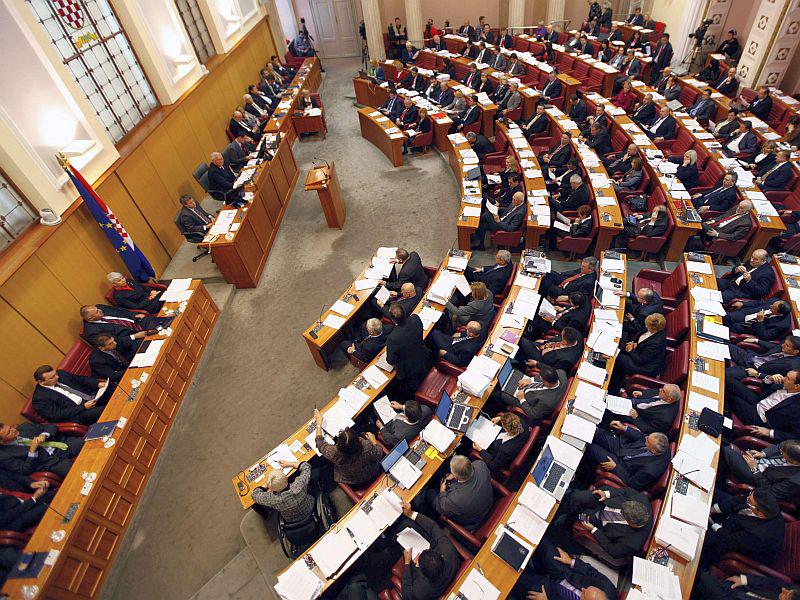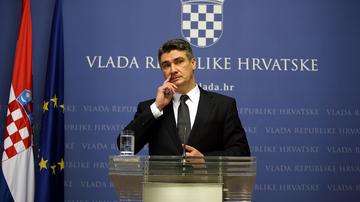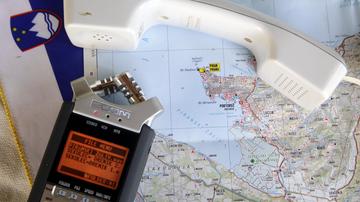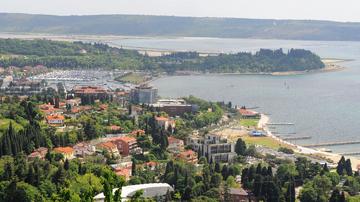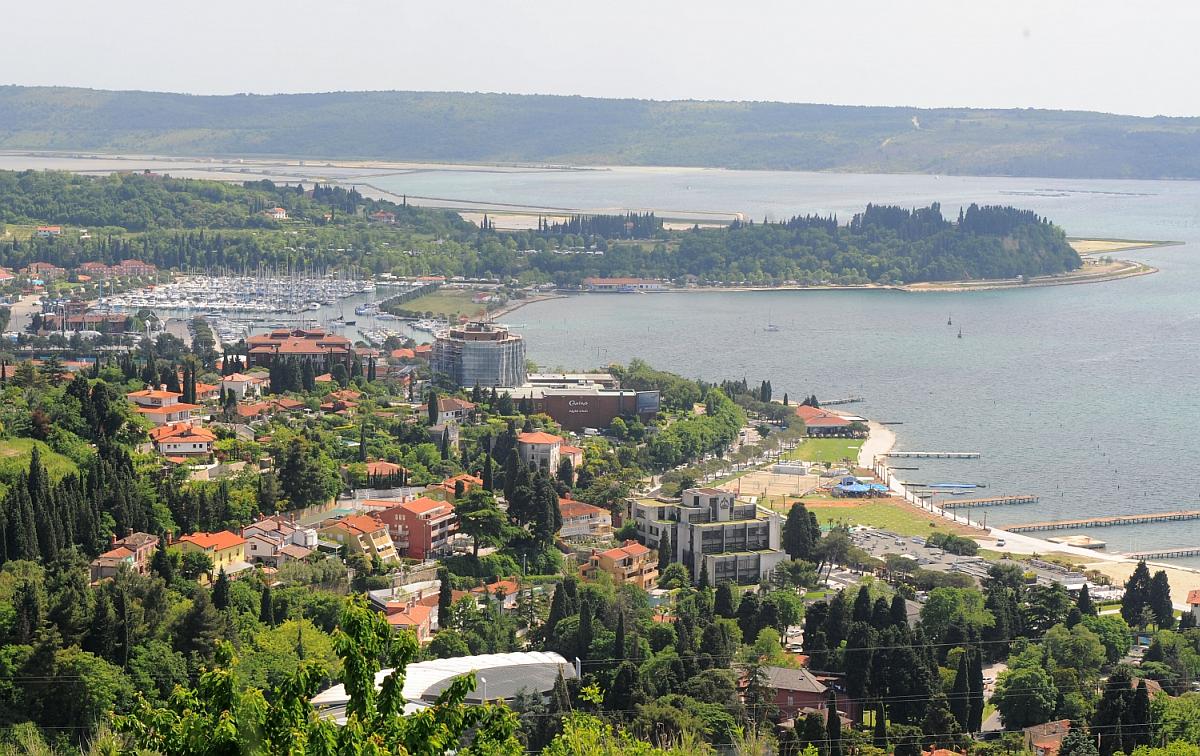
Croatian lawmakers unanimously endorsed a proposal put forward by the Social Democrat-led government of Prime Minister Zoran Milanović, who said the two republics should seek a different solution.
"I suggest we find a new model. This one has been definitely compromised ... The arbitration court may continue, but we won't have anything to do with that," he told the Zagreb parliament before the vote.
The boundary dispute in the northern Adriatic's Bay of Piran, where Slovenia wants direct access to international waters, prompted Ljubljana to block talks in 2008 on Croatian membership of the European Union.
The two agreed to international border arbitration, a deal that allowed Croatia to join the EU in 2013, nine years after its neighbour entered the now 28-member bloc.
The court of arbitration has three international judges and one each from Croatia and Slovenia, and it is meant to be independent of national governments.
Last Wednesday, however, Zagreb-based daily Vecernji List published excerpts from a leaked tape in which Slovenian judge Jernej Sekolec discusses confidential details of the case, the probable outcomes and strategy, with Simona Drenik, who represents Slovenia's Foreign Ministry before the court. Both resigned on Thursday without giving any statements.
Slovenia on Wednesday appointed French expert Ronny Abraham, who is president of the Hague-based International Court of Justice, as its arbitrator to replace Sekolec.
"The Slovenian government has thus fulfilled its commitments and removed all obstacles so that the arbitration court can continue its work uninterrupted ... and adopt the final decision," the government said in a statement.
The European Commission also said the arbitration process should continue as the best way to solve the border issue troubling the two countries.
While there is no known formal deadline for the panel to report after starting work in 2011, Croatian and Slovenian media reports have suggested it is due to reach a decision this year.




















































